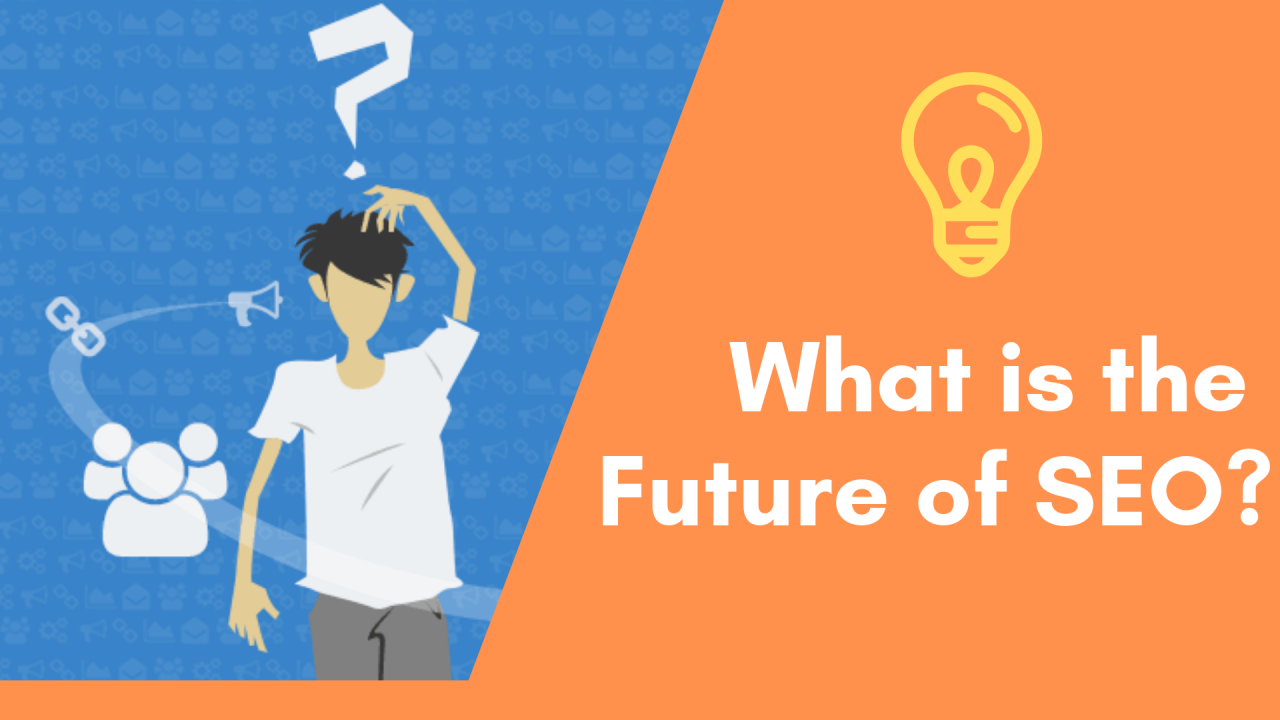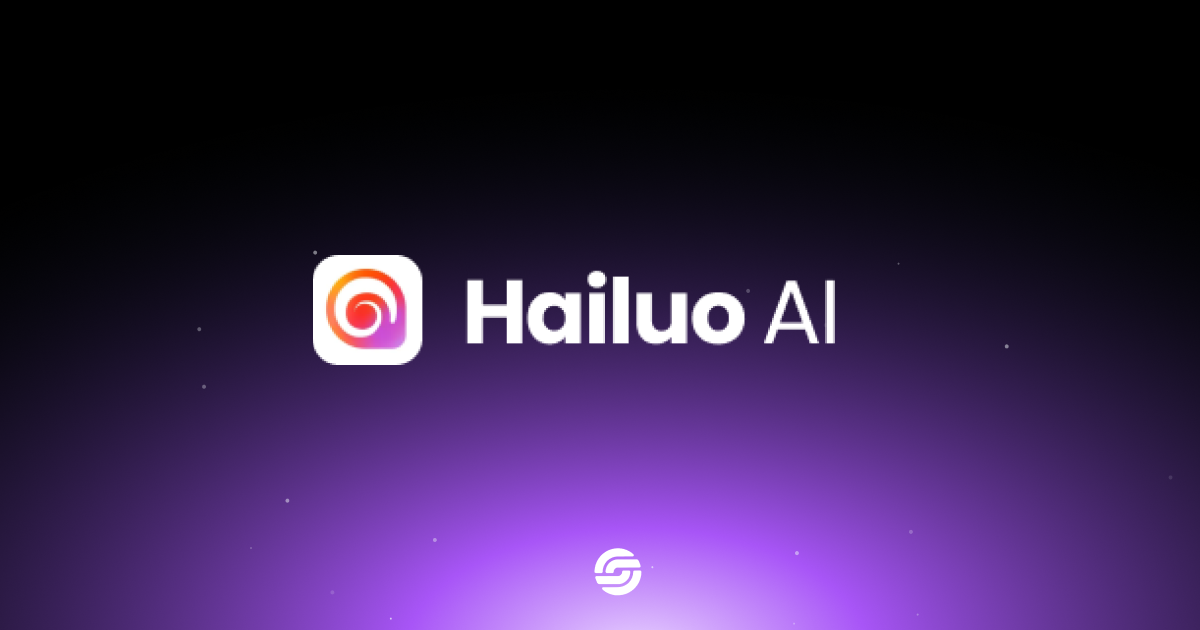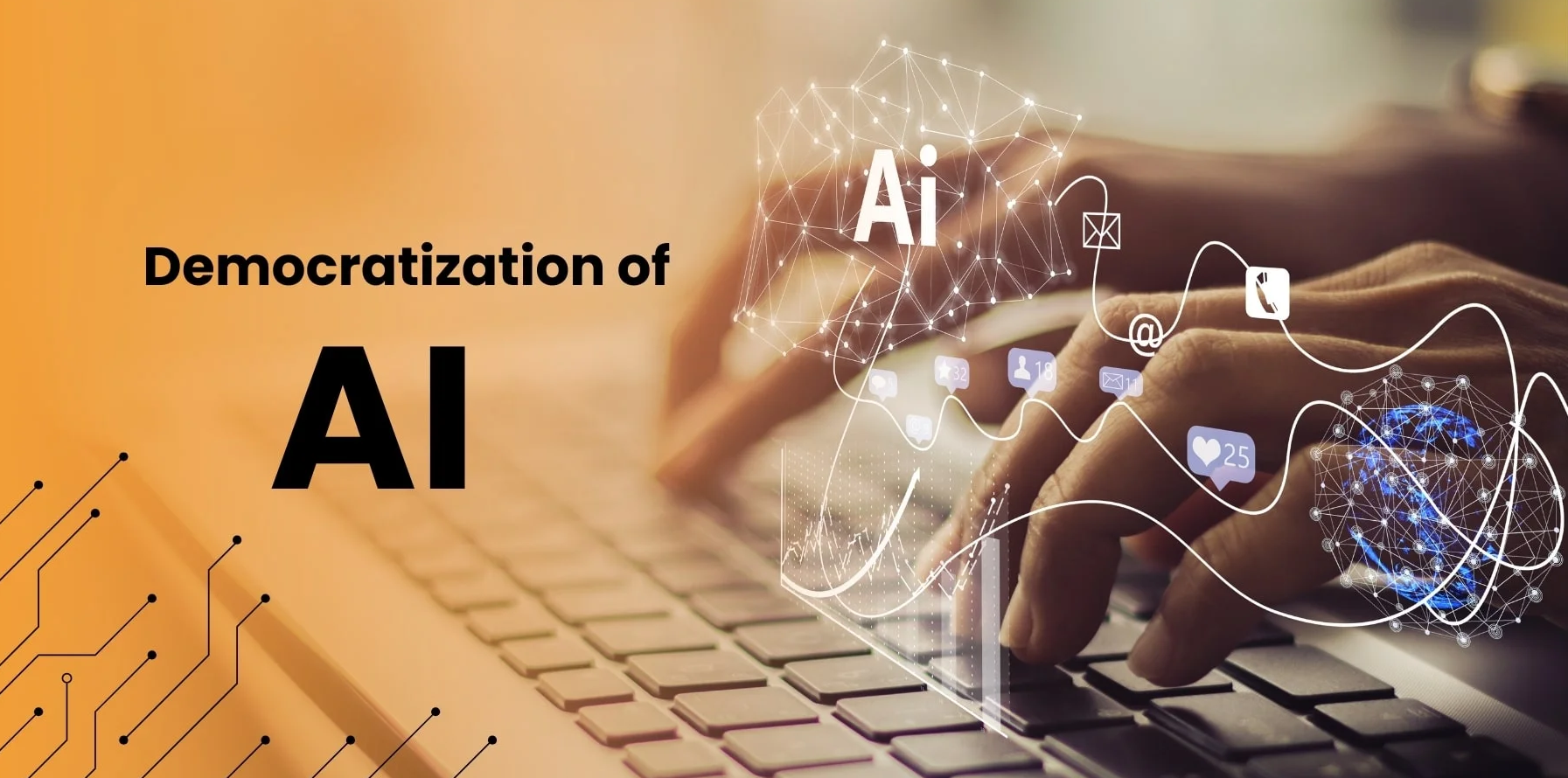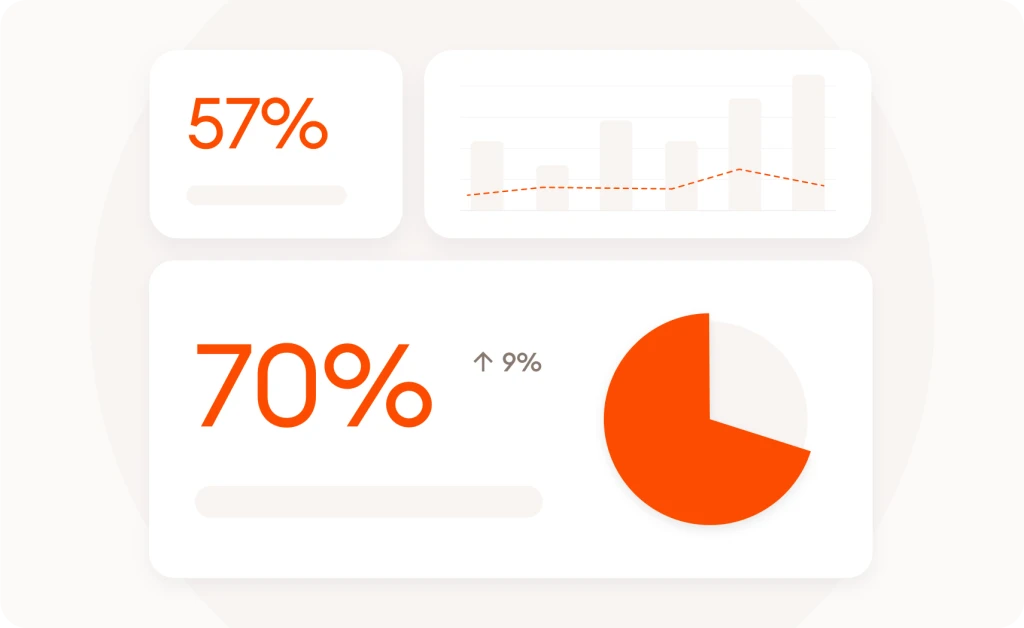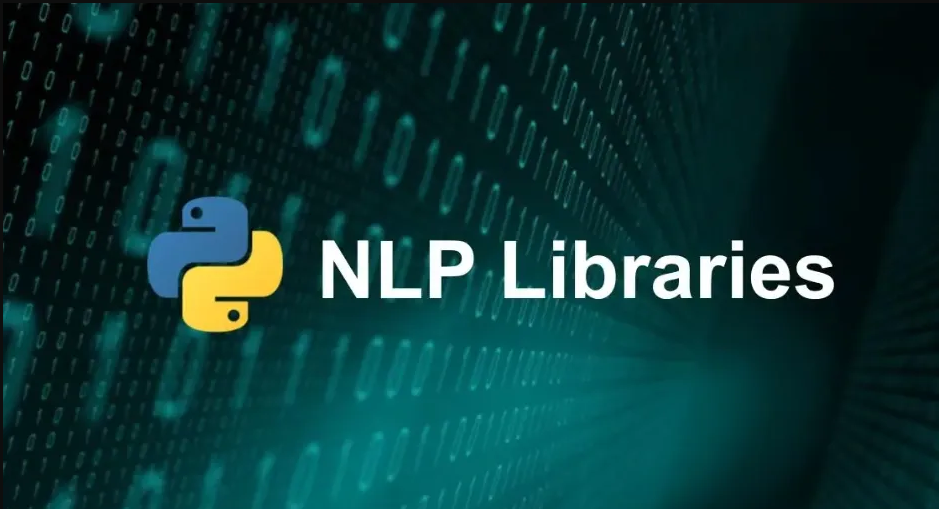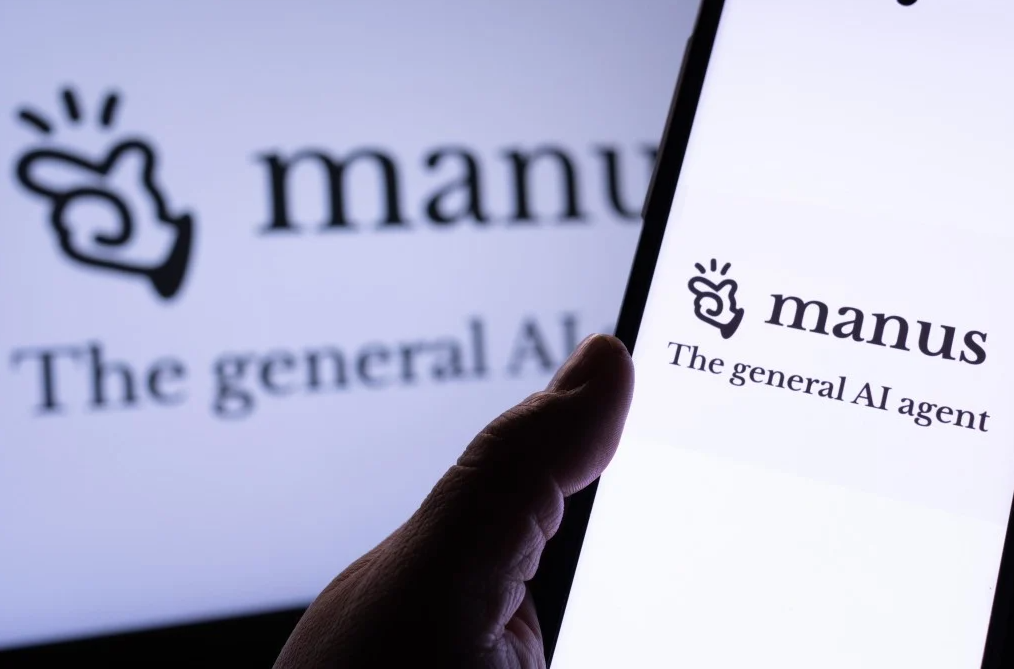Test AI on YOUR Website in 60 Seconds
See how our AI instantly analyzes your website and creates a personalized chatbot - without registration. Just enter your URL and watch it work!
1. Introduction: The Importance of SEO Meta Creation in 2025
As SEO continues to evolve, artificial intelligence (AI) is becoming an indispensable tool in the creation of effective meta tags. In this blog, we’ll explore how AI is shaping the future of SEO meta creation and the potential it holds for enhancing search engine optimization strategies.
2. Understanding the Role of Meta Tags in SEO
First Impressions Matter: Meta descriptions serve as a mini-advertisement for your page in search results. They offer a brief summary of what a page is about, and users often base their decision to click on a link based on the meta description.
Impact on CTR: While meta descriptions do not directly affect rankings, a compelling meta description can increase your click-through rate (CTR), which in turn can indirectly improve your rankings. A higher CTR signals to search engines that your content is relevant and valuable.
Keyword Relevance: Meta descriptions also offer an opportunity to include primary keywords, making it easier for search engines to understand the focus of the page. Although Google doesn’t directly use the meta description in its ranking algorithm, it does use the keywords within it to highlight relevant content in search results.
In short, effective meta descriptions are essential for improving visibility and engagement, which is why businesses must prioritize their creation.
3. How AI is Changing Meta Tag Creation
Automation of Meta Description Generation: AI tools can analyze the content of a page and generate meta descriptions that summarize it accurately and concisely. These tools often use Natural Language Processing (NLP) to understand the meaning and context of the page’s content, ensuring that the generated meta description is relevant and compelling.
Personalization for Target Audience: AI can personalize meta descriptions based on the target audience. By analyzing user behavior, preferences, and search intent, AI tools can craft meta descriptions that resonate more effectively with specific demographics, improving the likelihood of clicks.
Optimizing for Length and Structure: AI-driven systems can also ensure that the generated meta descriptions adhere to optimal length and structural guidelines. For instance, meta descriptions are generally recommended to be between 150-160 characters, and AI tools can automatically adjust the description length without losing its message or effectiveness.
4. The Advantages of Using AI in Meta Tag Creation
Efficiency: AI tools can generate meta descriptions at scale, saving time for SEO specialists and content creators. Instead of writing unique descriptions manually for each page, AI can automate the process, making it more efficient, especially for large websites with hundreds or thousands of pages.
Consistency: AI ensures that meta descriptions follow a consistent structure and tone, which is crucial for brand identity. This consistency can help users quickly recognize your content in search results, improving brand visibility and trust.
Improved SEO Performance: AI tools can analyze vast amounts of data to generate meta descriptions that are optimized for both human readers and search engine algorithms. By incorporating the right keywords, maintaining proper keyword density, and crafting compelling descriptions, AI can help improve your pages’ search engine ranking.
Error Reduction: Manually writing meta descriptions for large websites can lead to mistakes, such as missing keywords or irrelevant descriptions. AI eliminates human error by consistently generating accurate and SEO-optimized meta descriptions.
5. AI and Data-Driven Meta Descriptions
Data Insights: AI can analyze search queries to identify which keywords are currently trending in your industry. This allows the AI to create meta descriptions that are highly relevant and optimized for those trending keywords.
Behavioral Analysis: AI tools can study how users interact with your website and their search behavior to create meta descriptions that align with their interests and needs. For example, AI can detect when certain phrases or topics are attracting more attention and generate meta descriptions that highlight those topics, boosting CTR.
Competitive Analysis: AI can also analyze competitors’ meta descriptions to determine what’s working for them. By identifying the most effective keywords and phrasing used by competitors, AI can help you craft more competitive meta descriptions that stand out in search results.
Test AI on YOUR Website in 60 Seconds
See how our AI instantly analyzes your website and creates a personalized chatbot - without registration. Just enter your URL and watch it work!
6. Integrating AI with Existing SEO Strategies
Keyword Research: AI can assist with keyword research by identifying high-ranking terms and phrases relevant to your content. AI-powered tools can automatically incorporate these keywords into meta descriptions to improve your page’s SEO.
A/B Testing: AI can be used to conduct A/B testing on different meta descriptions to determine which version resonates most with users. This data-driven approach allows businesses to refine their meta descriptions continuously and make data-backed decisions for better performance.
Content Optimization: AI doesn’t just focus on meta descriptions—it can also analyze your entire webpage content, recommending changes to optimize it for search engines. By ensuring the content is aligned with SEO best practices, AI can help improve the overall effectiveness of your SEO strategy.
By combining AI-driven insights with traditional SEO practices, businesses can create a more robust and dynamic SEO strategy that maximizes the potential of every page.
7. The Future of AI in SEO Meta Creation
Greater Personalization: In the future, AI will be able to create meta descriptions that are more personalized than ever before, tailoring them not just to the target audience but to individual user preferences based on their past behavior, location, and demographic data.
Voice Search Optimization: With the rise of voice search, AI will play a key role in crafting meta descriptions optimized for spoken queries. AI will be able to generate conversational, question-based meta descriptions that align with how people phrase search queries via voice assistants.
Integration with Other AI Tools: As AI continues to permeate more aspects of SEO, tools for meta creation will integrate more seamlessly with other AI-powered platforms, such as content generation, user experience (UX) optimization, and data analytics.
Enhanced Predictive Capabilities: AI’s predictive capabilities will allow it to not only create meta descriptions but also predict which keywords or topics are likely to become trending in the near future, allowing businesses to stay ahead of the competition.
8. Conclusion: Embracing AI for SEO Meta Optimization
In 2025 and beyond, AI will continue to revolutionize the way we approach SEO, making it more efficient, personalized, and data-driven. Embracing AI in SEO meta creation isn’t just a trend; it’s a necessary step to stay competitive in a constantly evolving digital landscape.
